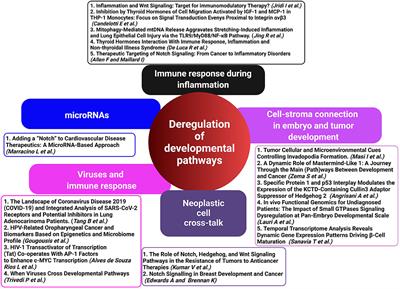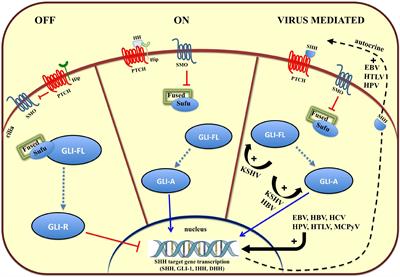EDITORIAL
Published on 05 Nov 2021
Editorial: Targeting Developmental Pathways in Inflammation and Disease

doi 10.3389/fcell.2021.791115
- 1,999 views
32k
Total downloads
134k
Total views and downloads
EDITORIAL
Published on 05 Nov 2021

REVIEW
Published on 30 Aug 2021

REVIEW
Published on 05 Aug 2021

REVIEW
Published on 06 Jul 2021

BRIEF RESEARCH REPORT
Published on 30 Jun 2021

REVIEW
Published on 28 May 2021

REVIEW
Published on 25 May 2021

ORIGINAL RESEARCH
Published on 04 May 2021

REVIEW
Published on 22 Apr 2021

ORIGINAL RESEARCH
Published on 08 Apr 2021

ORIGINAL RESEARCH
Published on 08 Apr 2021

REVIEW
Published on 04 Feb 2021
